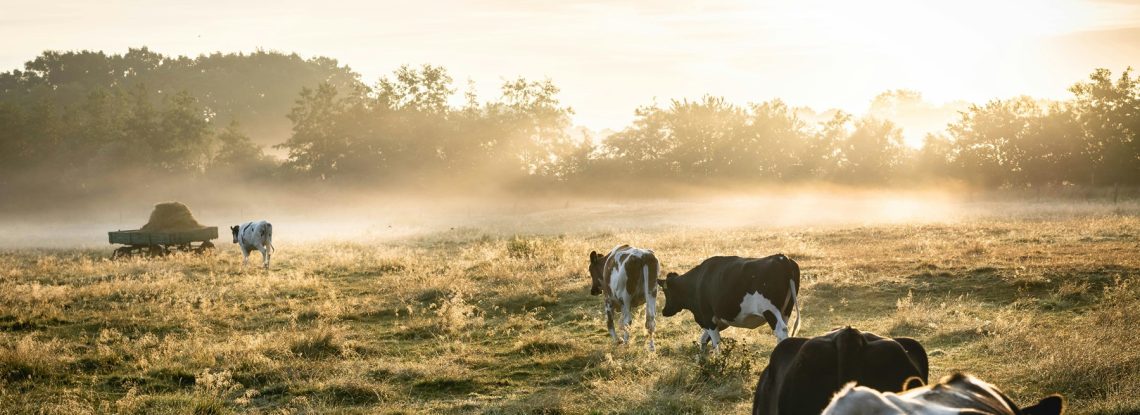Update on H5N1 in Cattle
Since our last update in June, the H5N1 flu virus has continued to spread in cattle in the US, with multiple spillovers into humans. At present infected animals have been identified in 380 dairy herds over 14 states, with over 30 associated human infections, mainly in dairy farm workers. However, surveillance remains limited and variable from state to state, thus the number of infected people, and cattle is likely far greater. The number of cases is also likely to continue increasing over the coming month due to inadequate containment efforts and the start of the winter flu season. Thankfully, the majority of human cases so far have been very mild and do not appear to be spreading further from person-to-person. The critical question is, will the virus mutate and gain the ability to spread in the air from person-to-person, and if so, will it still cause mild disease or could we see a much more severe virus, as H5N1 is known for? Recent research suggests that a deadly human-transmissible variant is possible. Researchers tested the virus from a recent human infection, a dairy worker that had mild symptoms, mainly affecting the eye. They found that this version of the virus could spread effectively in the air between animals and caused fatal disease. It is possible that most cattle-human transmission is occurring through direct contact, which is why the virus doesn’t spread further and cause more severe disease. However, with the normal seasonal flu season beginning in the US, there is real concern of airborne spread of the H5N1 virus, with potentially devastating consequences. There is a pressing need for more surveillance and containment of virus transmission in cattle to prevent this possibility. Thankfully, we have several existing antivirals and potential vaccines that should work against this virus, if it does begin to spread between people.
Update on acidosis in Long Covid
We are also pleased to announce that our collaborative research into the role of acidosis in Long Covid is underway. The research is led by our collaborators at the University of Derby and the Birmingham City University in the UK. Thank you to all our generous donors that helped make this research possible. We will keep you updated as the research progresses.
Also, just a reminder to everyone that over the past couple years COVID-19 cases have spiked from late November through early January. We are still seeing new variants emerge and with low vaccine coverage in many areas of the world, there will likely be another spike this winter. Keep practicing Covid-safe precautions, get boosted if you can and stay safe.


